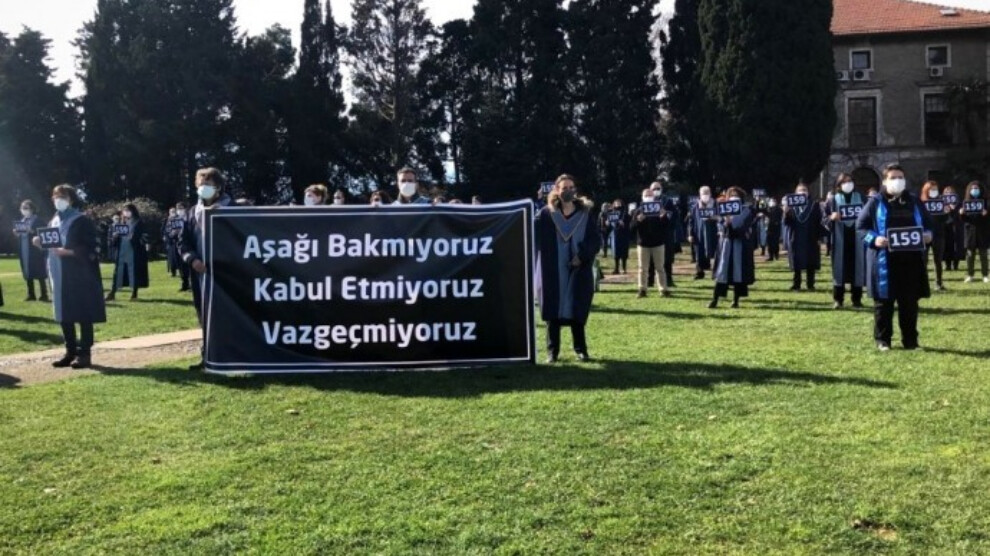Turkey ranks 166th among 179 countries in Academic Freedom Index
The academic freedom index score of Turkey has sharply declined from 0.43 to 0.08 between 2012 and 2022. Turkey ranked 166th among 179 countries in the Academic Freedom Index.

News Center- The Academic Freedom Index (AFI) project is a collaborative effort initially launched in 2019 between researchers at Friedrich-Alexander-Universität Erlangen-Nürnberg (FAU), the V-Dem Institute, the Scholars at Risk Network, and the Global Public Policy Institute (GPPI). This year’s update of the AFI identified 22 countries and territories, where universities and scholars enjoy significantly less freedom today than 10 years ago.
According to the AFI, Turkey is in the bottom 10%, scoring 0.08 out of one, putting the country in 166th place out of 179 countries as of December 2022. Turkey ranks behind Tajikistan, Russia and Bangladesh, according to the AFI.
According to the latest index, Turkey reached a score of 0.43 in 2012, with the quantified value of academic freedom falling more than 80 percent in 10 years.
The countries that took the top 10 places in the AFI are: Czechia (also known as the Czech Republic), Estonia, Belgium, Italy, Germany, Honduras, Luxembourg, Latvia, Finland and Argentina.
The academic freedom index between 2016 and 2022 showed a very sharp decline in the academic freedom index score of Turkey. The score of Turkey was 0,55 in 2002 and 0,56 in 2004. In 2010, the score of the country declined 0.47. Following the 2016 coup attempt, Turkey's academic freedom score sharply dropped.
In 2016, the Turkish government carried out a sweeping crackdown on the academic sector, resulted in the dismissal of over 30,000 teachers and 7,000 academics, including the academics calling themselves Academics for Peace, who signed a petition entitled “We will not be a party to this crime” calling for an end to human rights violations resulting from the curfews declared by the State in different cities of Southeastern Turkey in 2015.
The Academic Freedom Index (AFI) assesses de facto levels of academic freedom around the world based on five indicators: freedom to research and teach; freedom to research and teach; freedom of academic exchange and dissemination; institutional autonomy; campus integrity; and freedom of academic and cultural expression. It rests on assessments by 2,197 country experts worldwide, standardized questionnaires, and a well-established statistical model, implemented and adapted by the V-Dem project.
